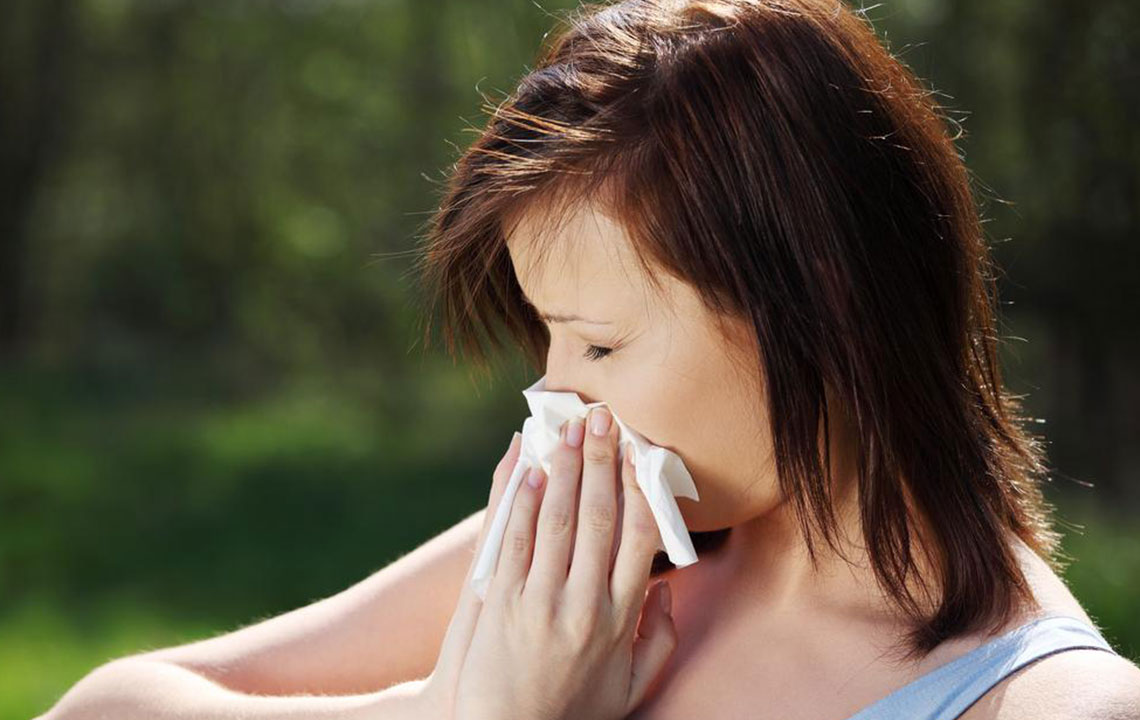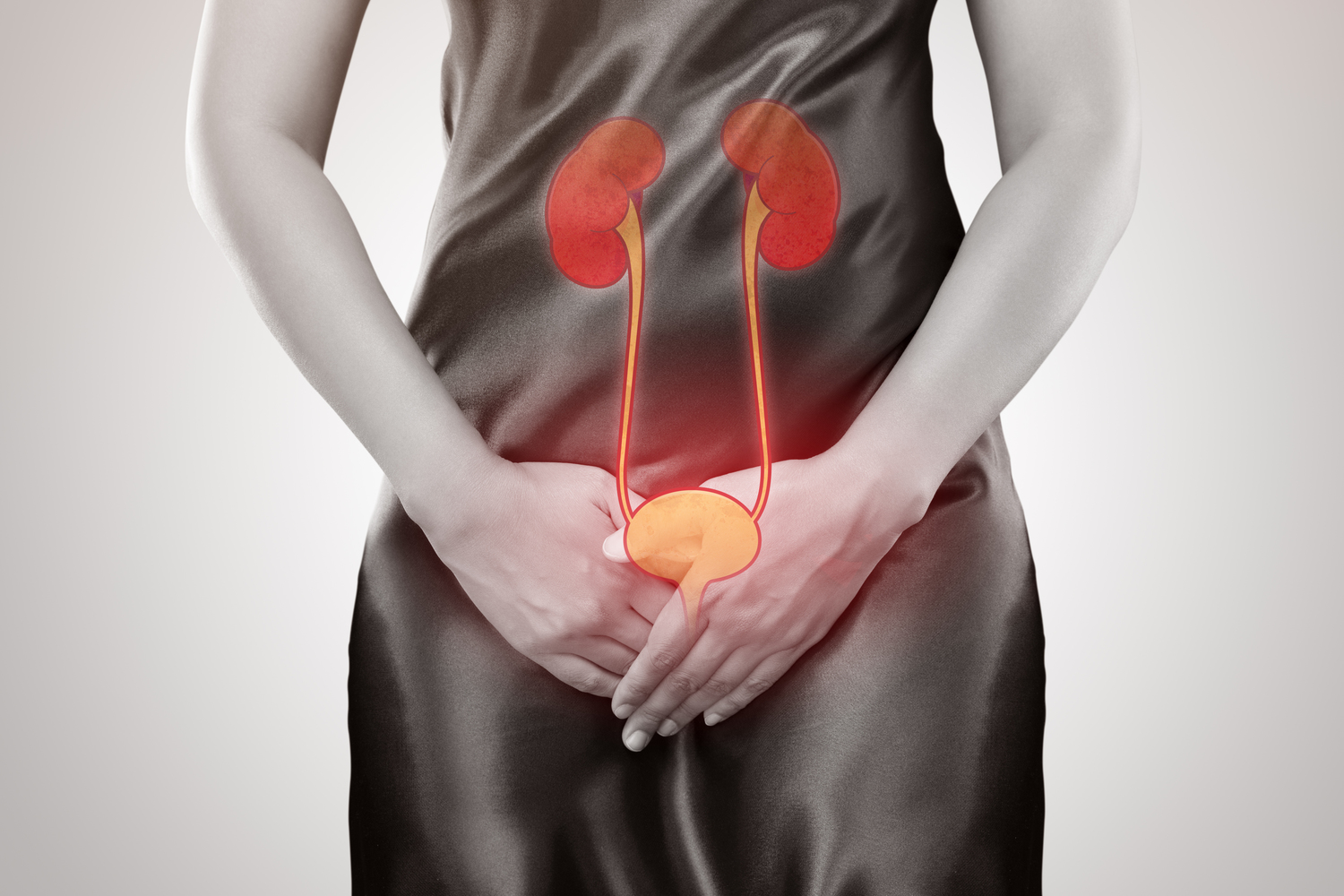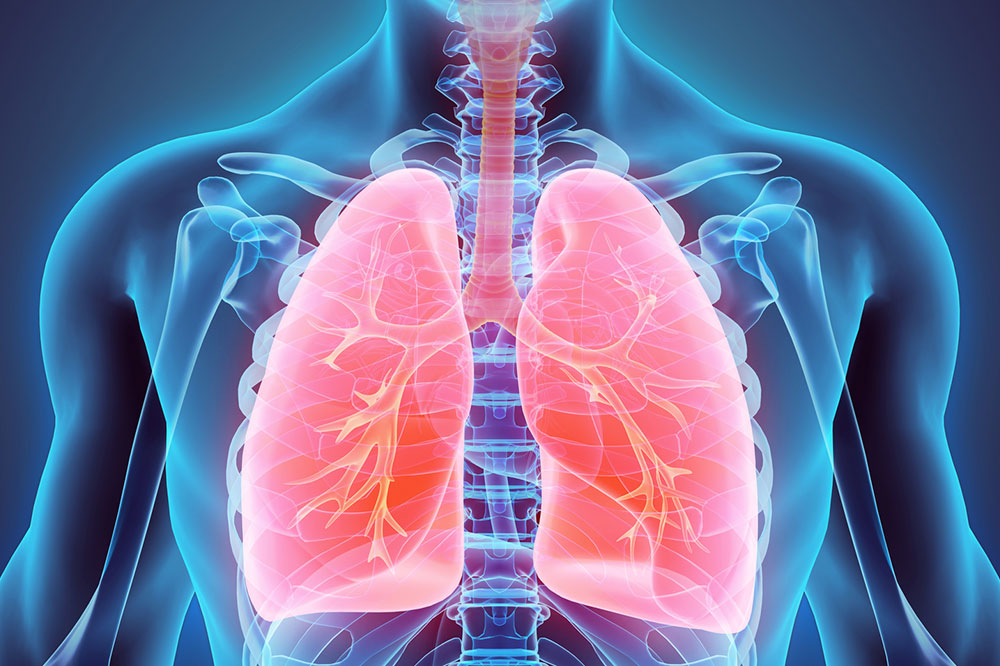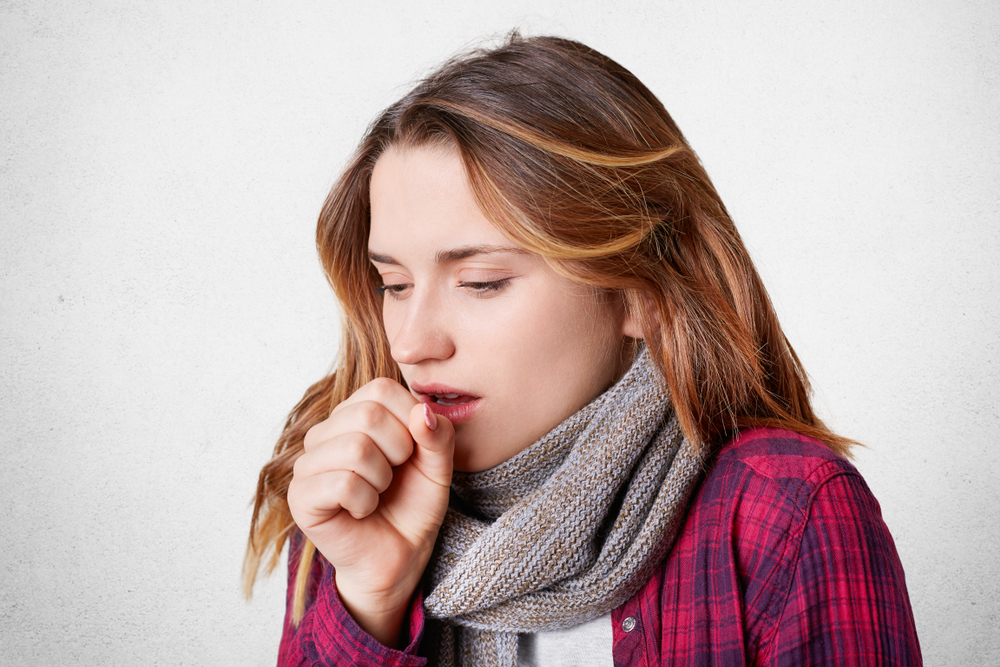Understanding Mold Allergies: Causes, Symptoms, and Remedies
Learn about mold allergies, including common causes, symptoms, and effective prevention and treatment options. Understand how to minimize exposure and manage symptoms to improve quality of life with expert tips and medical guidance.

Understanding Mold Allergies: Causes, Symptoms, and Remedies
Molds are fungi found ubiquitously in the environment. Disturbing mold sources releases spores into the air, which can trigger allergies. These spores are often released during climate shifts and are commonly present near water bodies, food residues, damp walls, and floors. Mold requires warmth and moisture to develop, thriving in dark, humid conditions, especially in frozen temperatures. They may be present in stagnant liquids. Coastal regions are particularly prone to mold growth on surfaces.
High humidity
Leaking pipes or roofs
Condensation issues
Poor airflow
Wet clothing
Flooding
Damp basements
Near water sources like lakes or pools
While mold removal can be challenging, they can cause severe allergic reactions. Inhaled mold spores can bypass the nasal filters, entering the respiratory system. Individuals with existing respiratory issues like asthma are more vulnerable.
The main signs of mold allergy include nasal congestion, sneezing, coughing, itchy or watery eyes, throat irritation, skin dryness or scaling, and fatigue. Although no cure exists, symptoms can be managed effectively by avoiding mold exposure. Prevention strategies include limiting outdoor activities during high mold seasons, especially in humid or poorly ventilated places. Use masks when necessary, maintain indoor humidity between 30-50%, and ensure proper ventilation.
Regular cleaning of damp areas and using air conditioning to control humidity helps prevent mold proliferation. Avoid using heat-based air purifiers or ozone-generating devices. For allergy sufferers, over-the-counter antihistamines, nasal sprays, or corticosteroids can provide relief. In serious cases, allergy immunotherapy like shots might be recommended after consulting a healthcare professional.
Note:
Information provided here is for educational purposes. Always seek medical advice before starting any treatment, as self-medicating may lead to adverse effects. Proper diagnosis and professional guidance are essential for effective management of mold allergies.










